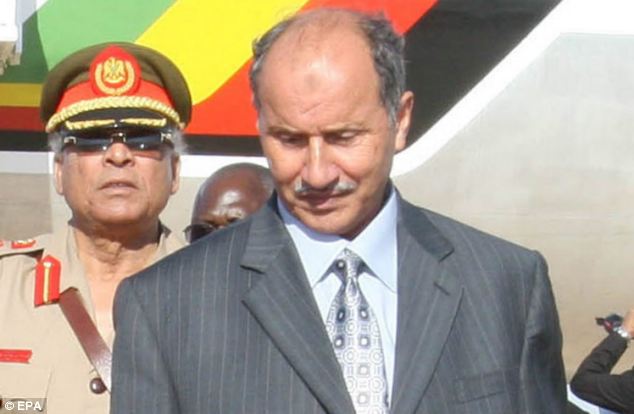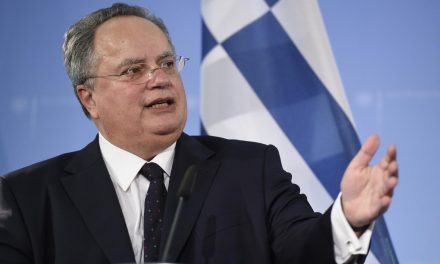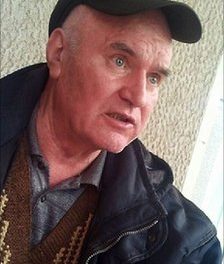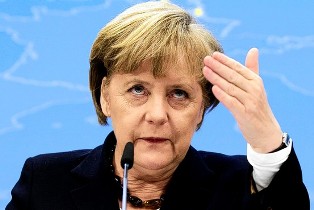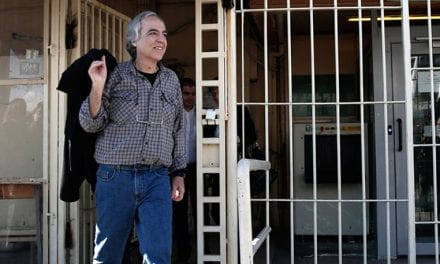Mustafa Abdel Jalil, the chairman of the Libyan opposition National Transitional Council, has said that Muammar Gaddafi is free to “retire” in Libya in he resigns from his position as leader of the country.
In an interview with the Reuters news agency on Sunday, Jalil said he made the offer to Gaddafi via the United Nations one month ago and had not received any response.
Gaddafi, his son Saif al-Islam and his military intelligence chief Abdullah Sanussi were recently indicted for crimes against humanity by the International Criminal Court.
The rebel leadership has said it will do its best to see the three men arrested, but it appeared from Jalil’s interview that the offer to Gaddafi still stood.
“If he desires to stay in Libya, we will determine the place and it will be under international supervision. And there will be international supervision of all his movements,” he said.
“As a peaceful solution, we offered that he can resign and order his soldiers to withdraw from their barracks and positions, and then he can decide either to stay in Libya or abroad.”
Al Jazeera’s Zeina Khodr, reporting from Benghazi, said news of the offer had been met with dismay by some residents and that it no longer stood, since Gaddafi was a wanted man.
But Jalil still seemed to stand by it. He said the rebel council believed Gaddafi could be held in a military barracks or a civilian building. Jalil is Gaddafi’s former justice minister; he defected in the early days of the uprising, which began in mid-February.
There was no immediate reaction from the regime in Tripoli, where Gaddafi has been maintaining a tight hold in an effort to preserve his 41-year rule.
Zuma continues talks in Russia
Even as Jalil seemed to be extending Gaddafi an offer, diplomatic pressure on the Libyan leader grew. Turkey officially withdrew its ambassador from Tripoli, adopted fresh sanctions against Libya and sent its foreign minister to visit Benghazi, the seat of the rebel government.
Salim Levent Sahinkaya, the ambassador, had left the Libyan capital in March due to the fighting and had not returned or been replaced. Ahmet Davutoglu, the foreign minister, met with rebel leaders during his Sunday visit to Benghazi.
Meanwhile, South African President Jacob Zuma, who has failed so far in efforts to mediate an end to the conflict, announced he would be visiting Moscow to continue negotiations.
He visited Tripoli at the end of May as a representative of the African Union (AU) but failed to secure a concession from Gaddafi, and the rebels rejected his effort. One sticking point has been disagreements over Gaddafi’s future.
The visit to Russia follows an AU summit in Equatorial Guinea, which sought to push a regional peace plan to end the conflict in the north African nation.
The Kremlin said in a statement late on Saturday that Zuma and Dmitry Medvedev, the Russian president, held a telephone conversation in which they agreed on a “personal meeting in the closest time” but gave no details on when it would take place.
“The heads of state agreed on a personal meeting in the closest time to agree and co-ordinate the ensuing steps for a solution to the internal Libyan conflict,” it said.
Moscow’s anger
Like South Africa, Russia has also sought to play a mediating role in the Libyan conflict that has been raging for nearly five months.
Medvedev has said it is time for Gaddafi to step aside, but Russia has also expressed mounting anger with the intensity and duration of the NATO air strikes against loyalist targets.
At its summit in Equatorial Guinea, the AU adopted a plan for negotiations between the warring Libyan parties.
“We are very happy that we have reached this point, that we can now say very soon we will be launching the talks in Addis Ababa and we believe we will get the necessary support from everyone,” Zuma said late on Friday after the summit.
But the accord reached at the summit did little to bring forward earlier AU proposals, which have been rejected by the rebels who insist that Gaddafi must go.
The AU’s road map proposes provisions for a multinational peacekeeping force organised by the United Nations.
The agreement contained no direct criticism of Gaddafi and even called for an amnesty for crimes during the conflict and the unfreezing of Libyan assets abroad.
The International Criminal Court (ICC) last week issued an arrest warrant for Gaddaffi, his son and his spy chief, citing evidence of crimes against humanity committed against political opponents.
But the AU said its members would not execute the warrant against Gaddafi.

